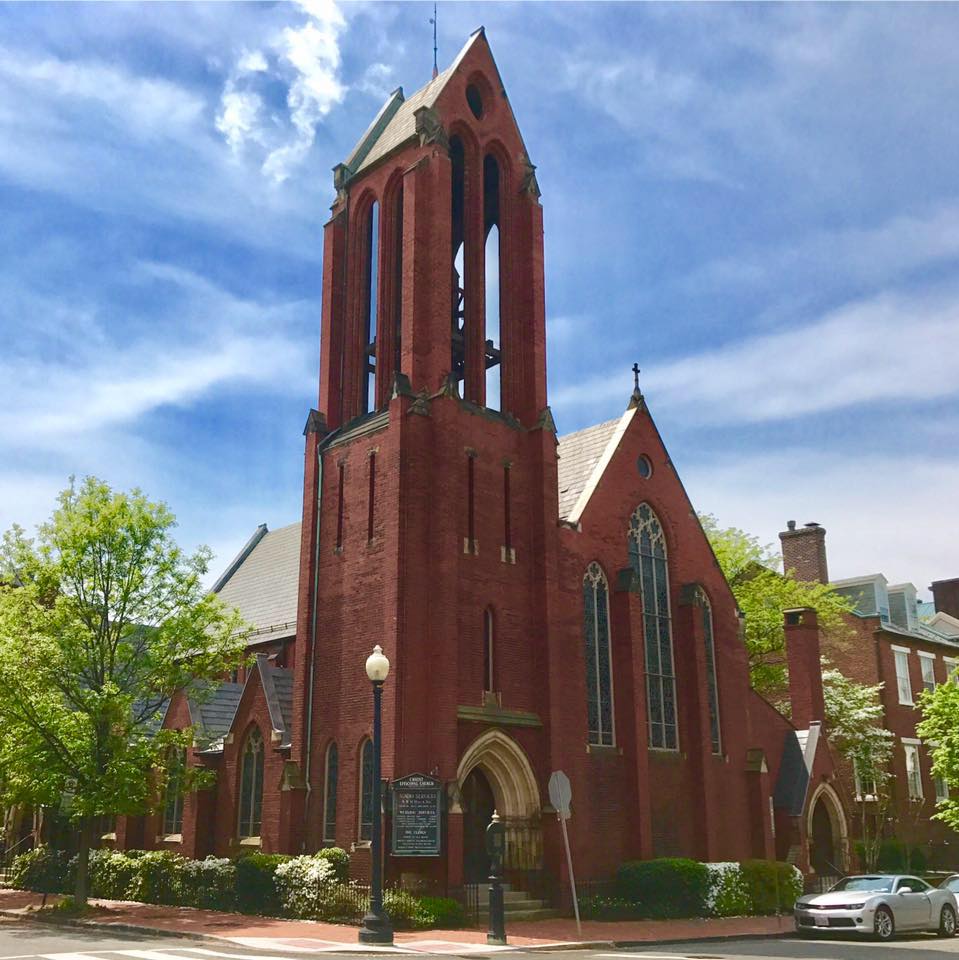
The Anglicanism vs. Polarization Conference
Oct. 20-21, 2023
Christ Church, Georgetown
3116 O St. NW, Washington, DC 20007
Only $30 ($15 for currently-enrolled students)
In an age of division and polarization, does Anglicanism offer a way forward to find unity in the midst of deep division and disagreement? From the English Reformation, the Revolution of 1688, the existence of various “streams” within Anglicanism, and even the Church of England’s “mutual flourishing,” diversity within unity has been and continues to be a hallmark of the tradition. But can this Anglican approach speak to the public square?
The Anglicanism vs. Polarization Conference brings together an international roster of scholars and church leaders to explore this very idea. Can Anglicanism as a theological, ecclesiastical, and in many cases an established presence provide a unique approach to public discourse, built on the foundations of the via media or the “middle way.” Join us for this vital conversation!
Speakers
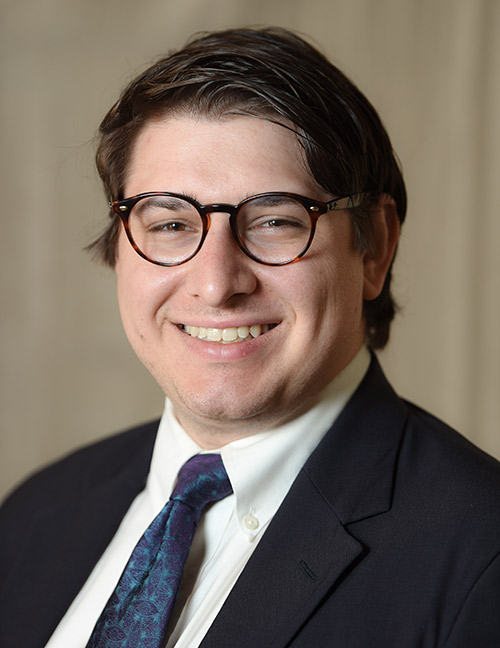
Jonathan Askonas
Assistant Professor of Politics, Catholic University of America
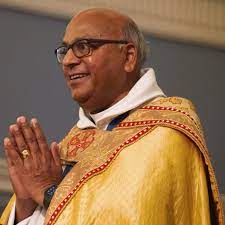
Bishop Patrick Augustine
The Episcopal Church of South Sudan
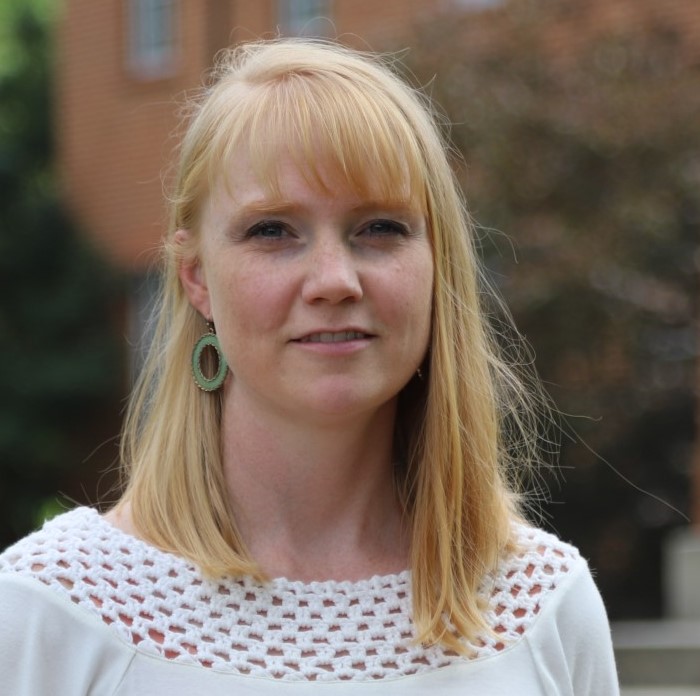
Abigail Woolley Cutter
Assistant Professor of Theology, King University
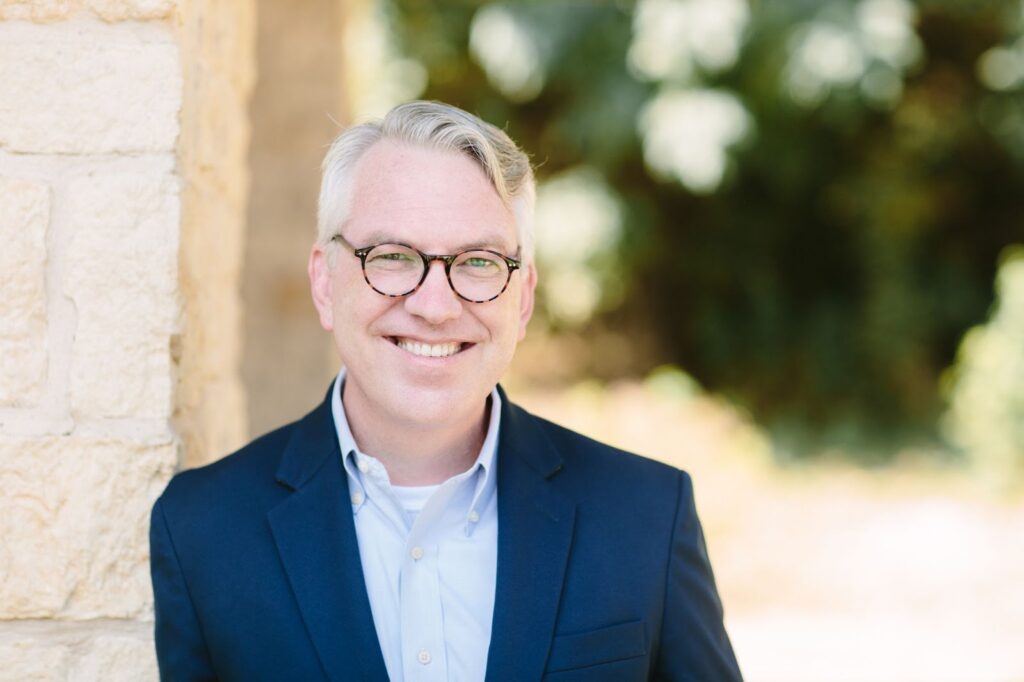
David Corey
Professor of Political Science, Baylor University, Waco, TX

Cherie Harder
President, The Trinity Forum, Washington, DC
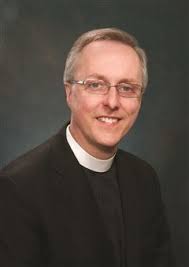
Ian Markham
Dean and President, Virginia Theological Seminary, Alexandria,
VA
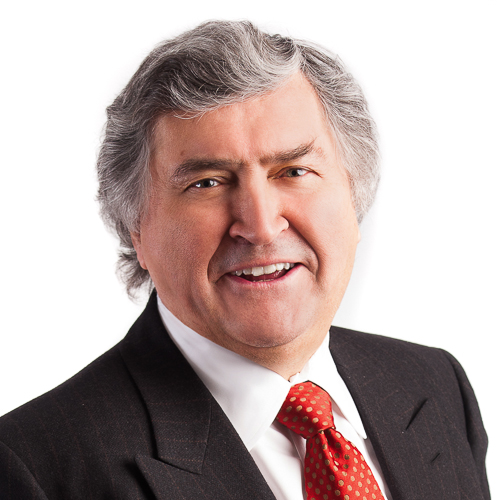
Paul Marshall
Jerry and Susie Wilson Chair in Religious Freedom, Institute for
Studies of Religion, Baylor University, Waco, TX
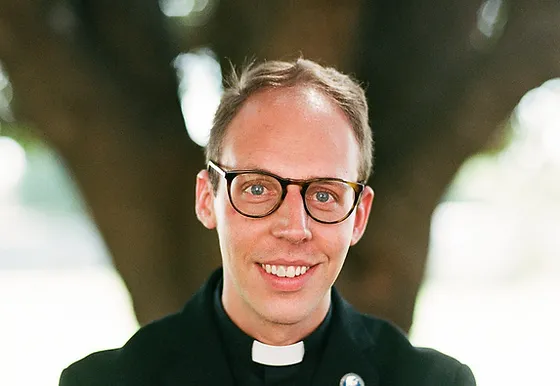
Nicholas Norman-Krause
Postdoctoral Research Associate, Institute for Studies
of Religion, Baylor University, Waco, TX

Justyn Terry
Vice President and Academic Dean, Wycliffe Hall, Oxford
University, Oxford, UK

Albert Thompson
Howard University, Washington, DC
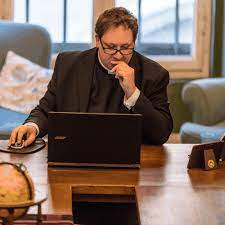
Marcus Walker
Rector, The Priory Church of St. Bartholomew the Great,
London, UK
The Conference Schedule
Friday, Oct. 20
12:00 – Registration Open
1:00 – Greeting and Opening Prayer
3:00 – Break
5:30 – Evening Prayer
Saturday, October 21
9:00 – Greeting and Opening Prayer
10:45 – Break
12:00 – 1:00 – Lunch
2:30 – Conference Concludes
